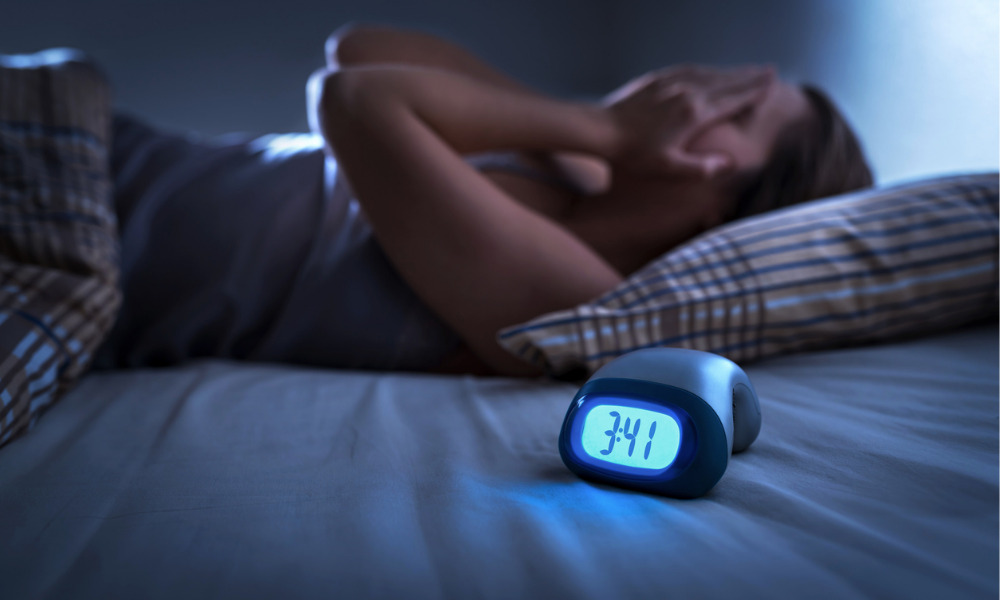
Separating work and home is key to getting a good night's kip

Getting a good night’s sleep can be the difference between a successful day’s work and a terrible one. We’ve all been there – irritable, frazzled and with a brain like treacle. Sleep is crucial to living a healthy, balanced life and without it, everything else starts to crumble.
Thanks to the emergence of hybrid working as the most popular option among white-collar workers, our sleeping habits have changed. No longer hauling out of bed at the same time every day, flexibility has given many people the ability to prioritise things like exercise within the work day. But it’s also led to longer hours as the line between home and office began to blur.
Speaking to HRD, sleep specialist Dr Adam Fletcher, founder of Integrated Safety Support, said people need to develop new routines and habits to make sure their sleep doesn’t suffer as a result of the shift to hybrid or remote working.
“I think we need to level up in terms of setting healthy boundaries, making sleep a priority and turning devices off because those are life skills that seem really basic, but the truth is that a lot of us don't have them,” he said.
“We should be going back to our roots, back to basics, and really ensure that HR leaders are providing very good quality information so people can develop these new life skills.”
Read more: Sleep hygiene: Seven ways to improve employee performance
Research shows burnout is rife. Data from Microsoft found 54% of the global workforce feels overworked due to the blurring of work/life boundaries. There has also been a 42% rise in people communicating via work chats after hours between 5pm and midnight, indicating that the working day is only getting longer.
Our sleeping habits are also changing. Last year, water data in South Australia indicated that people were getting up later as a result of mass working from home. Instead of water usage peaking between 7am and 8am, it spiked between 9 and 10am – similar to the pattern seen on weekends.
While being able to enjoy a lie in more regularly may seem like a benefit, for some people it could have a negative overall effect. Data has shown that sticking to a routine has cognitive benefits on our ability to sleep well.
“There's some really good research showing that effectively arbitrary patterns are very healthy for us psychologically,” Fletcher said. “It’s not only beneficial for ourselves personally, but it actually allows those around us, such as our households, our colleagues and our teams to get a clear picture of our routine.”
Read more: Losing sleep? Blame your rude co-workers
These routines are a key tool for establishing boundaries between work and home. Fletcher said the need for a ‘digital commute’ is proving to be useful for remote workers. For example, getting out of the house for a walk around the block after work can help the brain to switch off.
Equally, a period of exercise before the day’s work begins may help some people’s minds to wake-up. Other examples, like doing something creative, reading a book, or doing a puzzle are all activities which could help employees to mark the end of the day and the beginning of their evening.
Fletcher stressed that it’s really important for individuals to establish what works for them. High achievers may flourish with a complex routine to switch off, while others may find that process stressful in itself. Even something as simple as an “at work” sign on your desk can be enough to signify that you’re in work mode – particularly useful for those sharing their workspace with partners or family.
Beyond developing these skills and routines, Fletcher said sharing experiences around sleep can be a powerful tool. The pandemic has sparked more open conversations around mental health struggles and sleep is no exception to that.
“HR can really empower people with new information. They can let them know the world has changed, they want to help support their upskilling and reassure them that if they're struggling from time to time, it’s completely normal,” he said. “That it itself brings a lot of relief to people.”